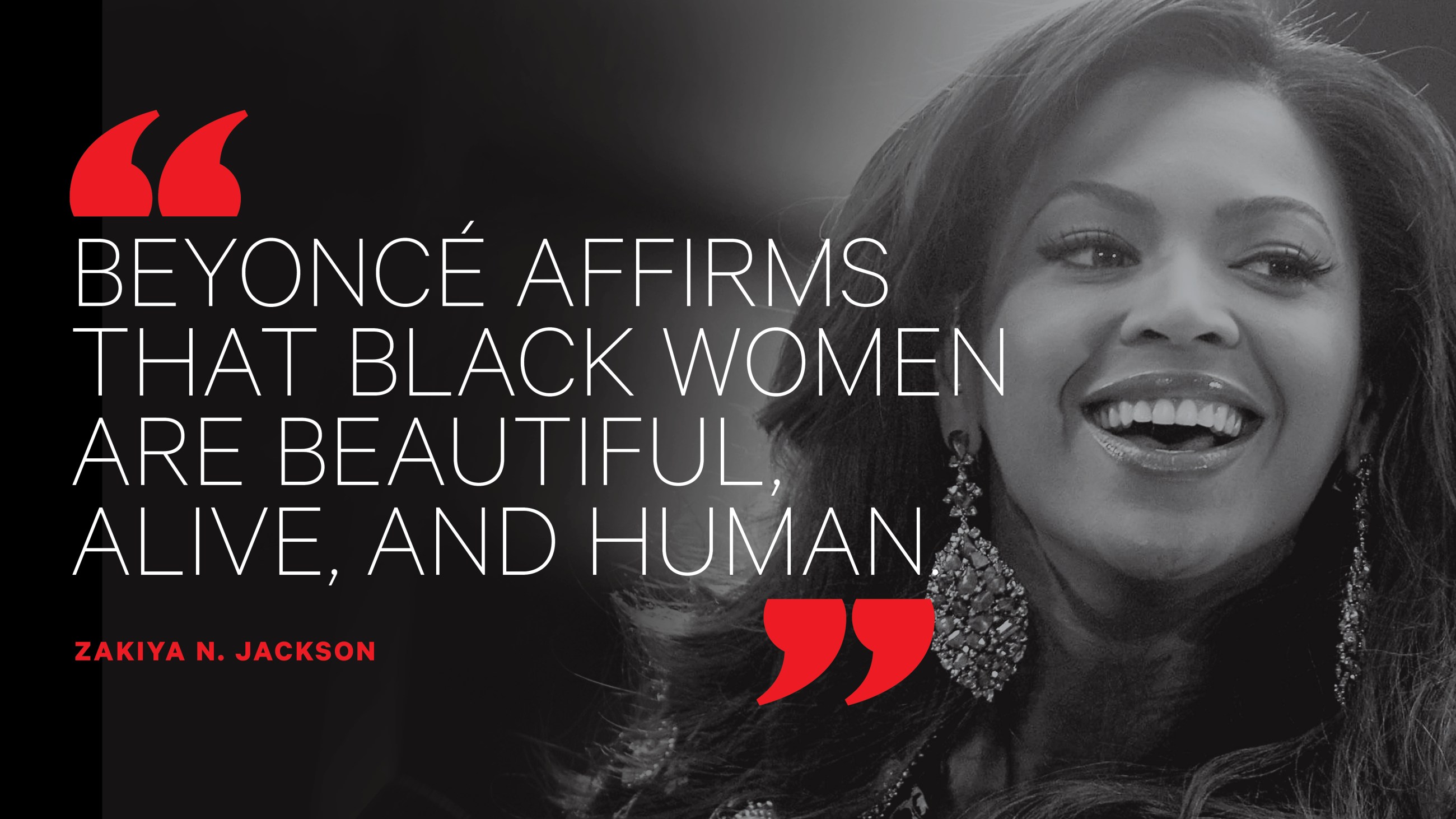On Saturday, Beyoncé released her 12-song visual album, Lemonade, in which the 20-time Grammy award winning artist known for “Single Ladies,” “Irreplaceable,” and “Crazy in Love,” explored themes of anger, loss, and reconciliation.
The album’s lyrics and imagery also included a plethora of Christian references, including mentions of the “Holy Book,” “baptism”, and visuals of the Bible. “Chapters” within the visual album are named “emptiness,” “forgiveness,” “resurrection,” and “redemption.”
“[I] went to the basement, confessed my sins, and was baptized in a river,” Beyoncé says at the beginning of “Intuition.” “I got on my knees and said 'amen'… and said 'I mean.'”
In “Anger,” text reading “God is God and I am not” momentarily appears on the screen, a section that moved Zakiya N. Jackson, who wrote about her initial reaction to the album on Collected Young Minds.
“It really is about being frustrated and angry, this sense of this isn’t right, what I have experienced. But even in the midst of this, there’s this acknowledgement that I can’t control all of this,” she said. “I love that because this place of letting go is acknowledging that God is bigger than me and that I can’t make everything the way I want it to be.”
Jackson joined Morgan and Katelyn on this week’s Quick to Listen to discuss what Beyoncé means to black women, what makes her message stand apart, and whether it’s time to make more lemonade.
- What makes Beyoncé unique? What about her work moves you?
- As Christians, how did you interpret or perceive the religious references in the visual album?
- It seems like the significance of Beyoncé’s work is tied to her identity as a black woman. Why is that important? Why does that that resonate?
Additional Reading
- Zakiya N. Jackson’s post on Beyoncé
- Collected Young Minds









